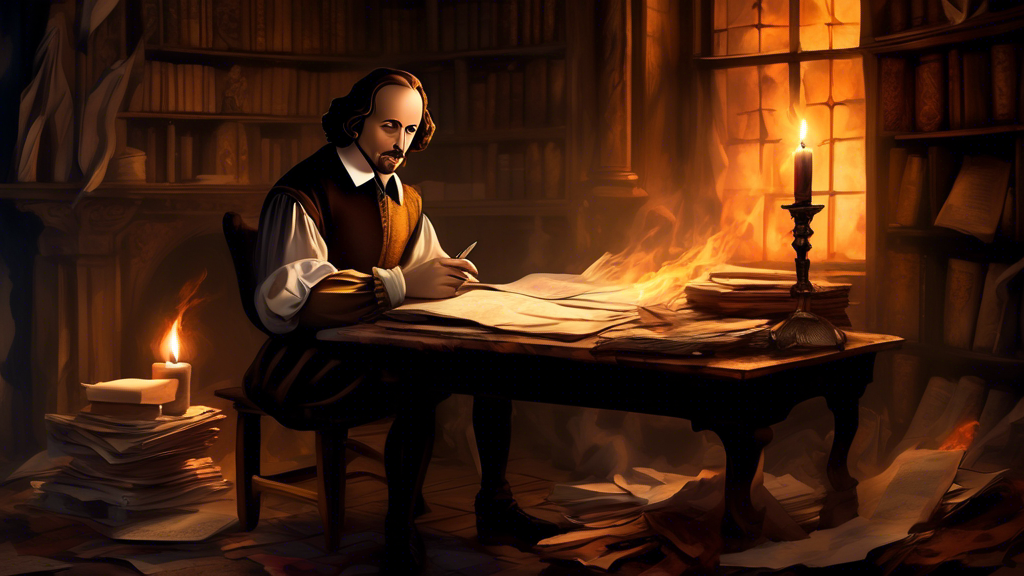
The Enigmatic Life of William Shakespeare
William Shakespeare, often lauded as the greatest writer in the English language and the world’s preeminent dramatist, continues to captivate audiences centuries after his death. His plays and sonnets have transcended time, influencing countless generations with themes of love, power, betrayal, and the human condition. Given his monumental impact on literature and culture, it is puzzling that there has never been a genuine biopic of Shakespeare that accurately portrays his life and times. This absence is primarily due to several key factors: the mystery surrounding his personal life, the lack of historical records, and the interpretative nature of his works.
The Mystery Surrounding Shakespeare’s Life
One of the main reasons for the absence of a true biopic on Shakespeare is the scant information available about his personal life. Unlike modern celebrities and historical figures, whose lives are often well-documented, Shakespeare lived in a time when personal records were rarely kept, especially for individuals outside the royal or noble classes. The details of his life are fragmented and often speculative, based on legal documents, church records, and the writings of contemporaries. There is a wide gap in our knowledge about Shakespeare’s personal experiences, his family life, and even his education. This lack of concrete details presents a formidable challenge for filmmakers seeking to create an authentic narrative of his life.
Limited Historical Records
The dearth of historical records from the Elizabethan era further compounds the difficulty of creating a genuine biopic. While there are some contemporary references to Shakespeare, they provide little insight into his personality or the intricacies of his daily life. Existing records primarily focus on his professional accomplishments and various business dealings. Moreover, the speculative nature of the connections between Shakespeare’s life and his plays adds another layer of complexity. Any attempt to depict his life accurately would inevitably involve a significant amount of conjecture and creative interpretation, which may detract from the biopic’s authenticity.
Interpreting Shakespeare’s Work
The interpretation of Shakespeare’s works also plays a critical role in the challenge of producing a biopic. His plays and sonnets are rich with ambiguity and open to a wide range of interpretations, making it difficult to link specific events in his life with his writings. Scholars and enthusiasts have long debated over autobiographical elements in his works, but without concrete evidence, these discussions remain speculative. A biopic attempting to draw direct parallels between Shakespeare’s experiences and his literary output would have to navigate this highly subjective terrain, potentially alienating purists and academics.
Artistic Freedom vs. Historical Accuracy
In the quest to create a genuine biopic of Shakespeare, filmmakers are faced with the dilemma of balancing artistic freedom with historical accuracy. The sparse details of Shakespeare’s life leave much to the imagination, offering both an opportunity and a challenge. To fill in the gaps, a biopic would have to rely on conjecture and artistic interpretation, which could compromise the authenticity that audiences might expect from a genuine portrayal. On the other hand, adhering too strictly to the limited available facts might result in a dry, unengaging narrative that fails to capture the essence of the Bard’s legacy.
Despite these challenges, Shakespeare remains a figure of immense interest and fascination. The absence of a definitive biopic does not diminish his influence but perhaps adds to the mystique that surrounds his legacy. While a genuine biopic has yet to be realized, Shakespeare’s life and works continue to inspire artists and filmmakers, ensuring that his spirit lives on in the world of storytelling.






